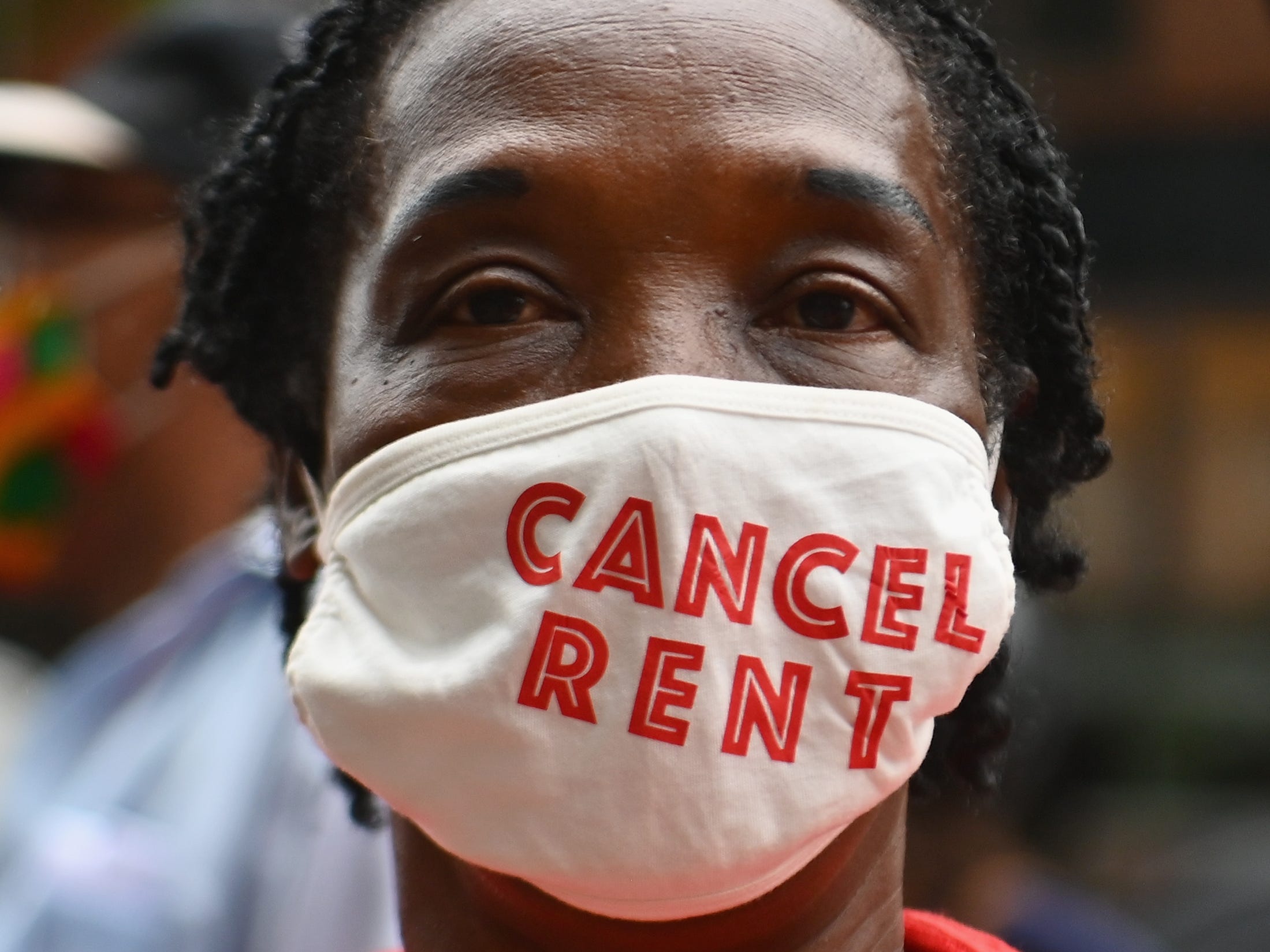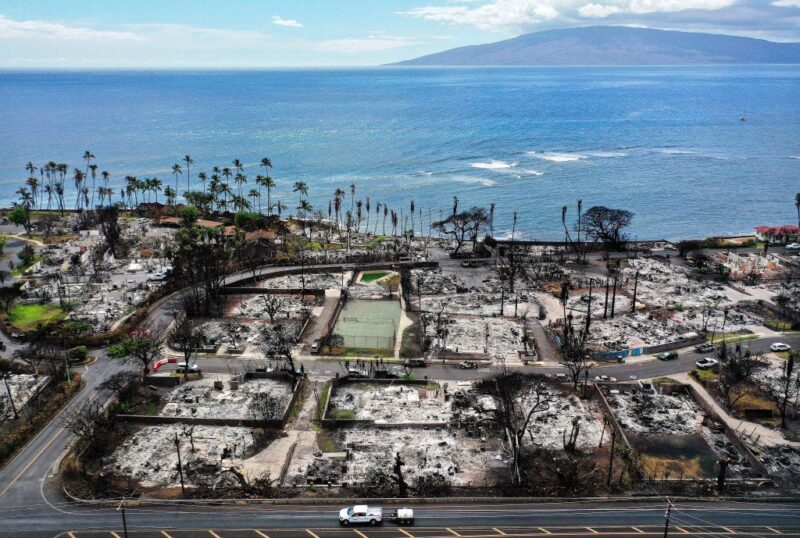
Angela Weiss/AFP via Getty Images
- Roughly 18 million Americans are behind on rent or mortgage payments as the coronavirus pandemic continues to ravage the country, inflicting job losses and other economic stressors.
- A new US Census Bureau survey found that one-third of those Americans expect to face eviction or foreclosure in 2021.
- At the end of December, unemployment benefits will cease, just as eviction and foreclosure moratoriums come to an end, too.
- The combination could cause a spike in homelessness across the country. Large metropolitan areas like New York, Houston, and Atlanta, which have more lower-income residents, are the most at risk.
- President-elect Joe Biden supports stronger federal support for struggling renters and homeowners amid the coronavirus pandemic.
Almost 18 million Americans are behind on rent or mortgage payments.
Roughly or one-third, or 5.8 million, of those Americans say they expect to face eviction or foreclosure in the coming months, according to a November survey conducted by the US Census Bureau.
The survey found that a staggering 50% of households behind on rent or mortgage payments in Arkansas, Florida, and Nevada think there’s a “strong chance” of eviction by early January, when certain moratoriums end.
The CARES Act, which was signed into law in March, allows homeowners to withhold mortgage payments for up to a year due to the pandemic. People who bought homes could face foreclosure if they can’t pay when the law expires.
Meanwhile, renters could be evicted even sooner. The CDC put a temporary moratorium on evictions, which is slated to end on December 31. The chief economist for Moody’s Analytics, Mark Zandi, told the Washington Post that tenants nationwide could owe a total $70 billion in back rent by year’s end.
Making matters worst: Those expected to pay that back rent are likely receiving unemployment benefits, which are also slated to expire by the end of the year. About 12 million Americans are slated to lose unemployment benefits on December 26. The abrupt end to unemployment benefits could slash national income by about $19 billion per month, according to Nancy Vanden Houten, an economist at Oxford Economics.
"If renters are required to quickly repay past due rent or face eviction, the hardship will fall predominantly on lower-income families who have already been disproportionately affected by the coronavirus crisis," Vanden Houten said in a research note cited by CBS News.
A separate November report from the National Low Income Housing Coalition (NLIHC) and the University of Arizona estimates that 6.7 million households could be evicted following the moratorium. The report's authors wrote that "[w]ithout federal intervention, this [impending] flood of evictions will disrupt lives and cause severe harm to economic, social, mental, and physical well-being."
The US Census Bureau's survey found that the threat of eviction and foreclosure looms largest in New York City, Houston, and Atlanta. New York City is estimated to have somewhere between 231,000 and 474,000 evictions and foreclosures in the coming months.
The NLIHC report found that the imminent evictions will also resulted in increased social services needs. The costs of emergency, inpatient medical care, emergency medical care, foster care, and juvenile delinquency are all expected to spike, potentially causing local governments and public agencies additional stress amid the coronavirus pandemic.
Even if the rent moratorium is extended and unemployment benefits continue, such federal moves could be seen as simply kicking the can down the road, merely delaying a wave of homelessness.
President-elect Joe Biden previously voiced support for federal rent and mortgage forgiveness amid the pandemic. In May, he said that postponing housing payments wasn't enough," he said in an interview published by Vanity Fair in May. "It's critically important to people who are in the lower-income strata."
Biden also has an extensive list of plans that could transform housing and real estate, especially for communities in need.










